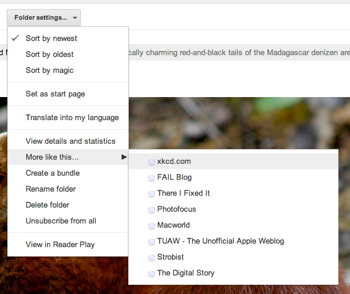This week there's a brute force password attack on WordPress sites. That inspired my security review, here are a few things I learned doing it:
- I again appreciated the FileMaker database I've used since 1997 to track my net credentials. I dump data from it to a now dated version of 1Password, but it's hard to beat the ease of searching and editing my own repository. It lives on an encrypted disk image on my local machine.
- It's easy to end up with orphan WordPress instances. I have one on Wordpress.com and two on my Dreamhost account, but I only use http://www.kateva.org/sh/. It archives my Pinboard/App.net shares; one day, if I figure out how to do it, I may append my old Google Reader shares (json).
- I had a strong password on the wordpress.com account, but only pretty-good on my other two and they had the same pw. I upped both to very strong but still typable. I will have to review how IFTTT connects to kateva.org/sh -- obviously there are big security risk with many uses of IFTTT.
- I'd been keeping my WordPress blog software current (Dreamhost makes that easy!) but not the plug-ins and themes.
- I'd changed a theme on one blog recently, and today I learned it didn't include a log-in link! I was briefly shut out, but a bit of web research turned up kateva.org/sh/wp-admin.
The most important thing I learned is that it's not trivial to safely delete a self-hosted WordPress blog. Yikes! No wonder there are lots of vulnerable old blogs lying around for the taking. WordPress.com blogs have a delete tool, but not self-hosted sites. Things can get nasty here -- two WordPress blogs can share the same database, so deletion must be done carefully. Reading some Google hits this is a very unsolved problem with lots of confusion.
We need a fix WordPress.org and we need it very soon. Dreamhost, you could help too.
